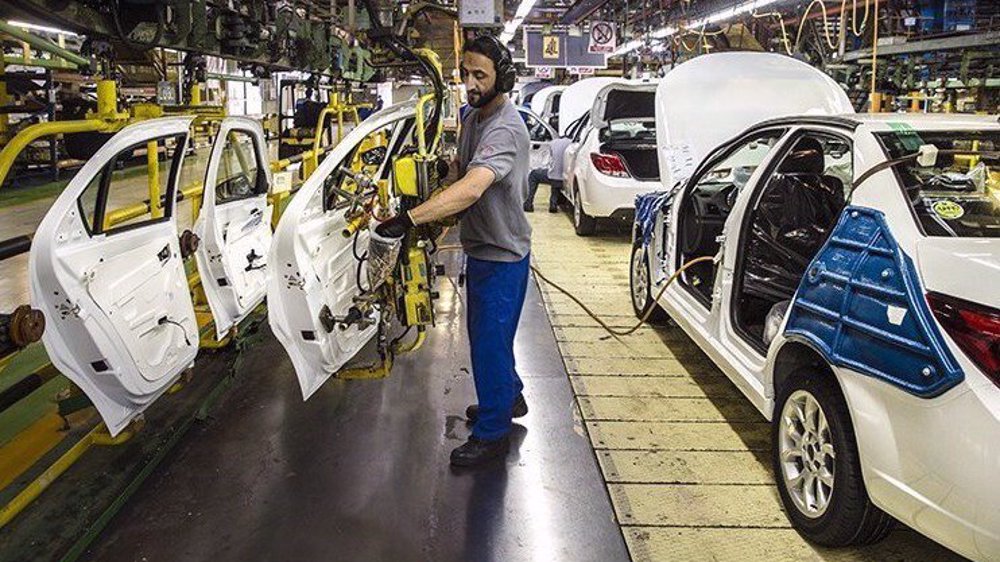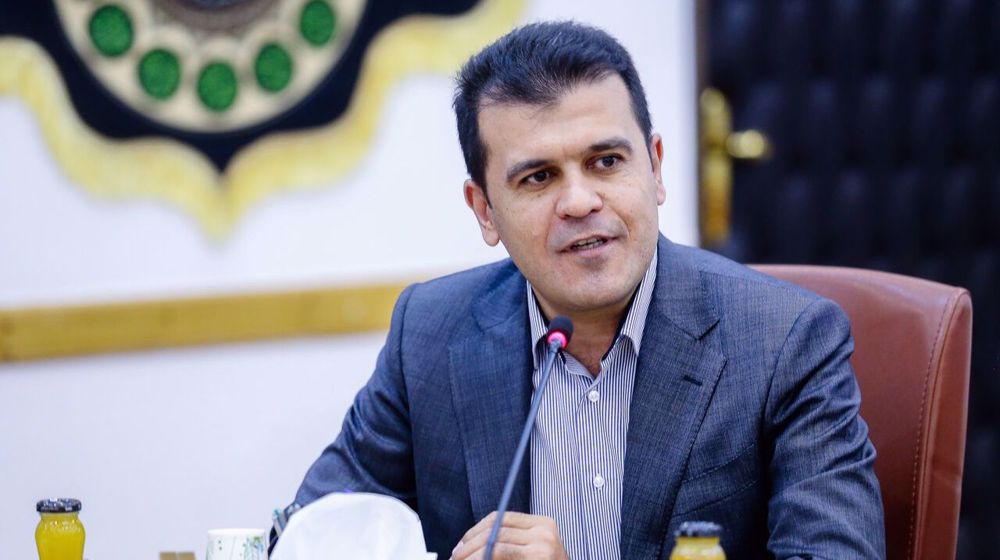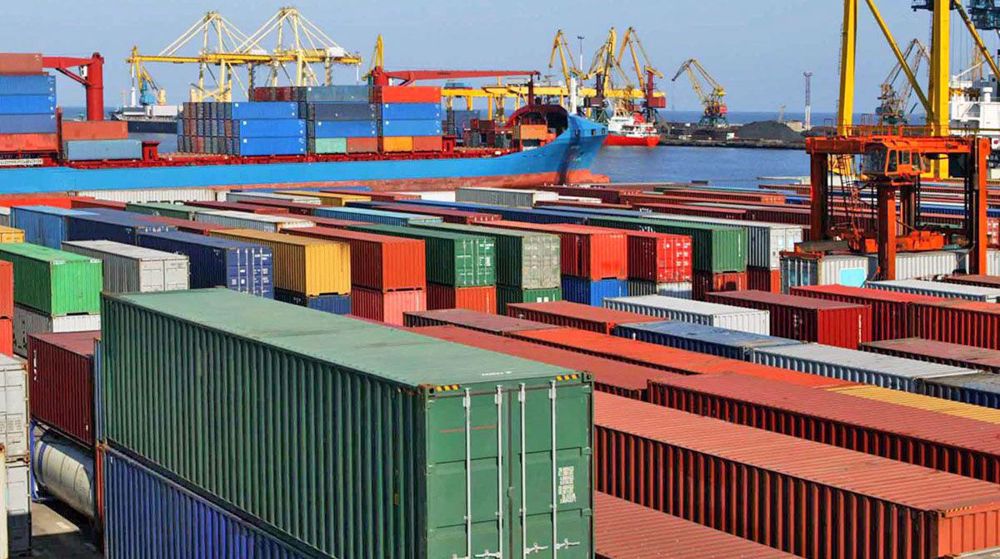Europe: 'Working twenty-four seven' to set up Iran payment channel
Europe is “working twenty-four seven” to launch the Special Purpose Vehicle (SPV), a payment mechanism aimed at facilitating business with Iran in the face of US sanctions, an official says.
However the details of the process are confidential, former head of the European Parliament’s delegation for relations with Iran Tarja Cronberg said.
“The European officials in charge of the SPV are working on it twenty-four seven, trying to bring it into operation as soon as possible,” she told the news website of Iran Chamber of Commerce on her visit to Tehran.
The mechanism is a totally new experience both for Iran and the European Union, and this has resulted in some delay in the process, she said.
“A lot of education will be needed for the companies on our side and on Iran’s side, so that we know how to use and take best advantage of it.”
Cronberg said the finance ministers of France, Germany, and the United Kingdom are working on the mechanism, but the details are secret.
A former Finnish minister of labor and a current member of the executive board of the European Leadership Network, Cronberg also expressed hope that the mechanism would be finalized by the end of the year.

“What we mean by finalizing is the techniques through which the mechanism works. It will take some more time for the companies to come in and use it,” Cronberg said.
“The companies that will especially benefit from the SPV are the small and medium-sized ones. It would be great for them in terms of developing trade with Iran,” she added.
Cronberg also expressed hope that the mechanism could be used for exports of medicine and food to Iran.
The US claims it has exempted exports of food and medicine to Iran, but its banking and shipping sanctions and other threats make it extremely difficult for the Islamic Republic to import them.
Read more:
Cronberg said new US sanctions are different from the sanctions before, because the US, through controlling the dollar transactions, actually controls the European companies.
"Many companies have fears and have decided not to work with Iran because of this fear,” she said.
Last month, Iranian Foreign Minister Mohammad Javad Zarif dismissed US claims that its sanctions would not impact the export of humanitarian supplies to Iran, citing evidence to prove that his American counterpart Mike Pompeo was lying.
-All reimposed US sanctions violate UN Security Council Res 2231.
— Javad Zarif (@JZarif) November 12, 2018
-Intention to starve civilian population is crime against humanity.
-ICJ already refuted @SecPompeo's claim on humanitarian exemptions.
-Western media's factual accounts & attached letters show who's lying. pic.twitter.com/dFEziLsvOM
The Trump administration announced on November 5 the “toughest” sanctions ever against Iran's banking and energy sectors with the aim of cutting off its oil sales and crucial exports.
The bans had been lifted under the 2015 nuclear deal, officially known as the Joint Comprehensive Plan of Action (JCPOA).
A first round of American sanctions took effect in August, targeting Iran's access to the US dollar, metals trading, coal, industrial software, and auto sector.

Iran’s top car manufacturers report fall in output

Iran making heavy investment in buying GPUs: Official

Iran posts $14.6bn trade deficit for calendar year to late March
Israeli protesters condemn resumption of Gaza war
VIDEO | Rally held in Damascus for Gaza, Dara'a
VIDEO | Press TV's news headlines
VIDEO | 37th march against NATO, US military bases takes place in Spain’s Rota
VIDEO | Crisis talks in EU as Trump snubs trade negotiations
VIDEO | Palestinians go on general strike in protest at Israeli assaults
VIDEO | Pakistanis urge global action against Israel’s Gaza war crimes
VIDEO | US airstrike on Yemen’s Sana’a kills two women, two children







 This makes it easy to access the Press TV website
This makes it easy to access the Press TV website